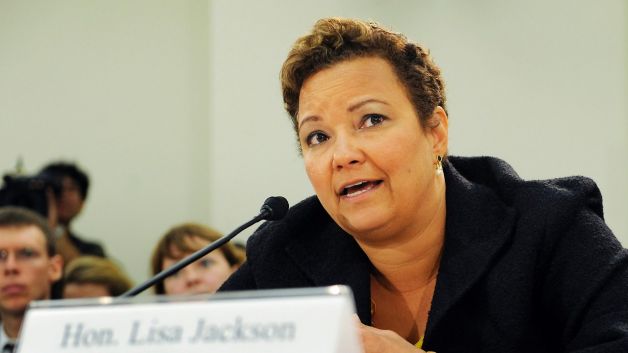Will Banning Two Fatal Chemicals In iPhone Assembly Improve Conditions At Apple Factories?
Apple is banning the use of benzene and n-hexane, prolonged exposure to which can cause adverse health effects, in the final assembly stage of its products that include the iPhone and iPad.
In the wake of inspections on the health and safety conditions of 22 Apple facilities around the world, Apple on Wednesday banned two hazardous chemicals in the final assembly of the iPhone and iPad
The toxins, which are found at huge plants not owned by Apple, were the subject of outcry this year by environmental groups. As a result, Apple conducted an investigation, which it says “didn’t find any evidence of workers being put at risk.”
thedailybeast.comHowever, Apple did end up banning the use of the two chemicals, benzene and n-hexane, in cleaning agents and degreasers in the final assembly process. Apple did not, however, ban their use in other applications.
telegraph.co.ukThe banned chemicals are potentially hazardous and can cause cancer, nerve damage, and reproductive issues for factory workers in China who make the products
The changes will take effect Sept. 1. The chemicals are common in solvents and even gasoline but are used in electronics manufacturing as cleaning and de-greasing agents. Both can be toxic -- or even lead to higher rates of cancer -- when improperly handled or over long periods of exposure. Their use has been on the decline since those health risks were discovered, analysts said, but have remained in use in the electronics world.
washingtonpost.comSince 2010, there have been several reports of workers in Apple's supply chain falling ill after exposure to n-hexane; similar reports have surfaced at factories run by Apple rival Samsung, as well. This past March, labor watchdog China Labor Watch and nonprofit environmental group Green America gathered more than 23,000 signatures asking Apple to stop using both of the chemicals altogether.
According to Lisa Jackson, Apple's vice president for environmental initiatives, it will continue using the chemicals in other parts of its manufacturing, but will tighten restrictions for the chemicals' use
Apple's environmental director, Lisa Jackson, announced the commitment in a statement, saying the company launched an investigation after questions were asked about whether the chemicals were used at its factories. The firm said it found "no evidence of workers' health being put at risk" at any of the 22 plants visited, although four of the facilities were found to have traces of benzene or n-hexane.
macobserver.comAs a result, Ms Jackson added: "We've updated our tight restrictions on benzene and n-hexane to explicitly prohibit their use in final assembly processes." The iPhone maker also released its "regulated substances specification" - the guidelines that govern Apple supply chains, which have previously been confidential.
However, Apple is still allowing for their use during the "early production phases of its products," which doesn't take place in the 22 factories in question.
Over the past several years, Apple has faced increasing scrutiny for its labour practices, namely in China
Two years ago, about 150 Chinese workers at Foxconn, which manufactures electronics for companies that include Apple, Nintendo, and Sony, threatened to commit suicide unless their working conditions were improved.
Earlier this year in its eighth annual internal audit, Apple uncovered human rights violations that were occurring at various levels of its supply chain. These included abuses of migrant laborers and the use of underage workers, according to Bloomberg, noting that Apple said it was attempting to improve work conditions at its factories as well as remove the use of conflict minerals in its supply chain.
It also isn't Apple's first time encountering mounting pressure to move away from potentially hazardous chemicals in the factories it contracts with
In 2009, Apple banned the use of toxic chemicals like polyvinyl chloride (PVC) and brominated flame retardant (BFR) from use in its laptops.


